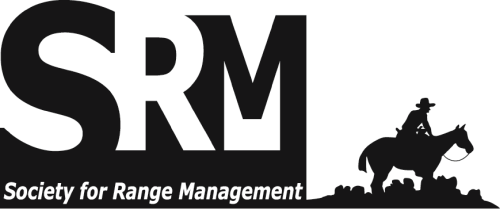Contrary to common perception, many private landowners across the West have a strong conservation ethic and an interest in helping to advance species recovery, including threatened and endangered species. Conservation efforts by private landowners are essential to the management, restoration and preservation of key wildlife movement corridors and habitats across the West. Unfortunately, many landowners fail to realize their desired conservation and economic goals. On occasion, their efforts can best be summed up as “No good deed goes unpunishedâ€. State and local agricultural tax policies, inflexible public-lands grazing policies on comingled private-public grazing allotments, inflexible and incompatible forest management practices on public-private land interfaces, lawsuits and appeals from environmental groups, and liability concerns from neighboring landowners are a few of the challenges impeding landowner participation and success in wildlife management and species recovery efforts. Case studies are used to highlight challenging barriers to landowner-initiated programs such as improving wildlife habitat and population management, species re-introductions, and maintaining migration corridors and connectivity of seasonal habitats. Our goal is to illustrate landowner perspectives, goals and opportunities, highlight barriers and challenges facing private lands conservation efforts, and stimulate audience discussion and solutions.

Oral presentation and poster titles, abstracts, and authors from the Society for Range Management (SRM) Annual Meetings and Tradeshows, from 2013 forward.